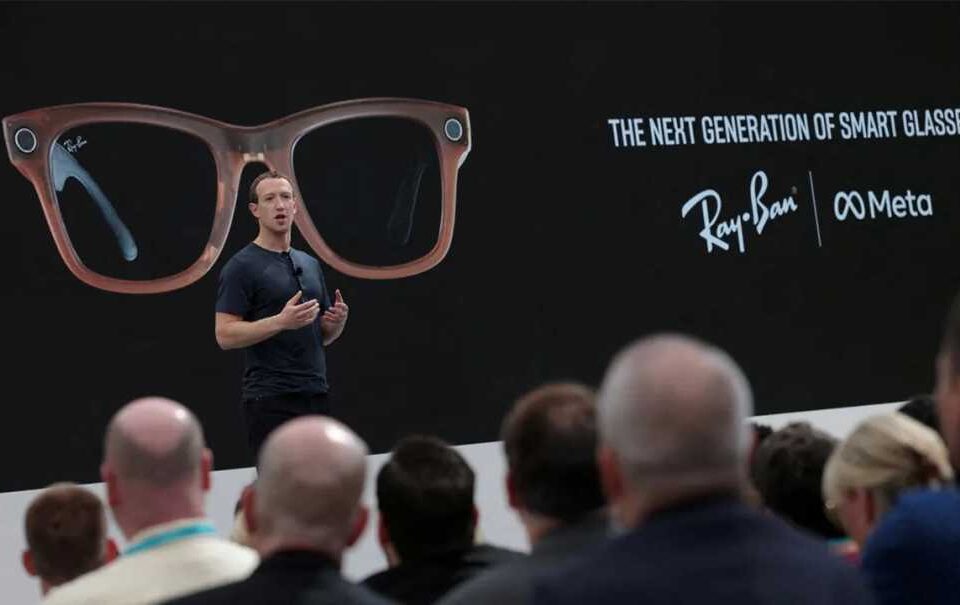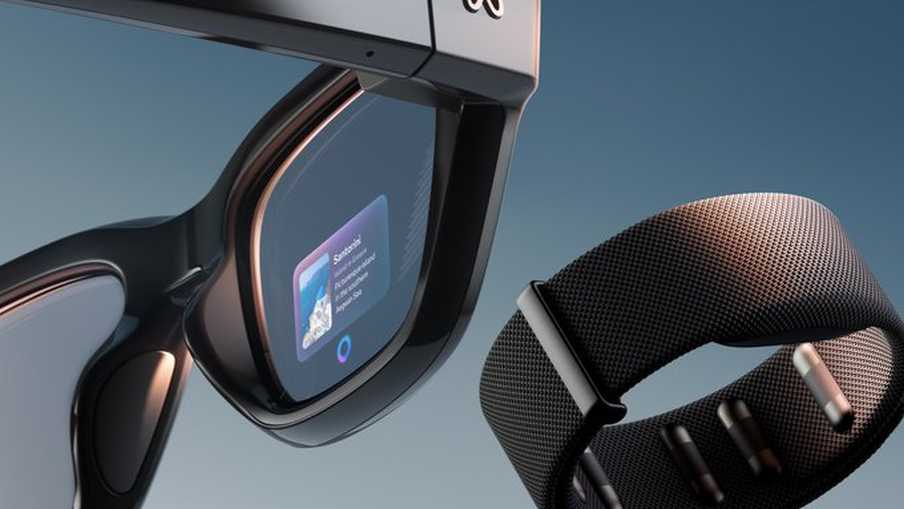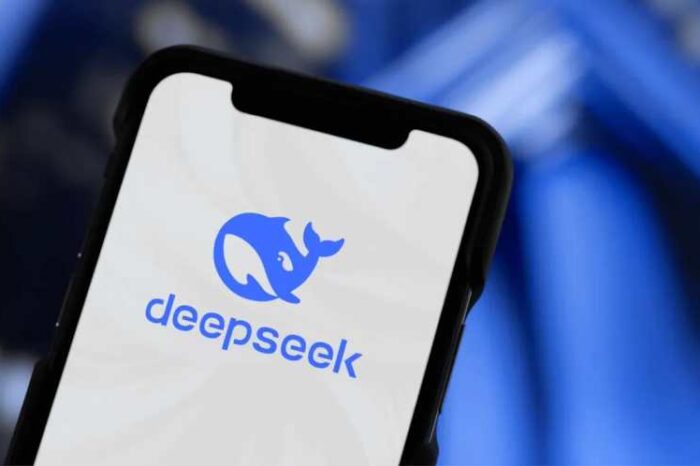Meta launches $799 Ray-Ban display glasses with built-in neural wristband controls

Mark Zuckerberg is doubling down on wearable tech. On Wednesday, he introduced the $799 Meta Ray-Ban Display glasses—the company’s first consumer-ready smart glasses with a built-in full-color display, paired with an experimental wristband that translates muscle signals into digital commands.
The reveal came at Meta’s annual Connect event, where Zuckerberg framed the glasses as the next step in making AI more personal and less distracting. “These are glasses with the classic style that you’d expect from Ray-Ban, but they’re the first AI glasses with a high-resolution display and a fully weighted Meta neural band,” Zuckerberg said.
The pitch is simple: keep your phone in your pocket and let the glasses handle quick tasks without blocking your view of the real world. The in-lens display lets you check texts, preview photos, see live captions or translations, and even get turn-by-turn walking directions. It switches off when not in use, so you’re not staring at a constant screen.
NEWS: Meta has officially unveiled its $799 Meta Ray-Ban Display AI glasses.
• Color 600-by-600-pixel resolution
• 20-degree field of view
• 5,000 nits of max brightness
• 2% light leakage, making it hard for other people to see that there is a display
• Gesture control… pic.twitter.com/N4C1c4D2cH— Sawyer Merritt (@SawyerMerritt) September 18, 2025
Meta Ray-Ban Display Specs at a glance:
• Color 600-by-600-pixel resolution
• 20-degree field of view
• 5,000 nits max brightness
• 2% light leakage, so the display is nearly invisible to others
• Gesture control with an EMG wristband that converts subtle muscle activity into commands
• Transition lenses with brightness that adapts to ambient UV light
• Monocular design: display appears in just one lens
• Built-in microphones, speakers, and cameras
From Camera to Display: Meta’s $799 Ray-Ban Smart Glasses Redefine AI Wearables

At the heart of this launch is the Meta Neural Band, an EMG wristband that reads subtle muscle activity—like a tiny finger pinch—and turns it into a control signal. The band draws on years of research into electromyography, tested on nearly 200,000 participants, and Meta says it works out of the box for almost anyone. Beyond convenience, the technology could have real accessibility applications for people with limited mobility or tremors.
The glasses themselves carry Ray-Ban’s familiar look but now fold in microphones, speakers, cameras, and the new display, all in a frame that can last six hours on a single charge. With the collapsible charging case, battery life stretches to 30 hours. The Neural Band runs up to 18 hours and is made with Vectran—the same fiber used on NASA’s Mars Rover crash pads—meant to be durable yet comfortable enough for daily wear.
During a live demo, Zuckerberg attempted to call Meta CTO Andrew Bosworth multiple times without success. He shrugged it off: “This is uh — you know, it happens.”
The $799 package, which includes both the glasses and Neural Band, will hit U.S. shelves September 30 at select retailers, including Best Buy, LensCrafters, Sunglass Hut, and Ray-Ban stores, with Verizon locations to follow. Expansion to Canada, France, Italy, and the UK is set for early 2026.
Meta isn’t stopping at one model. The company also rolled out the Oakley Meta Vanguard, a $499 sport-focused pair with a wraparound design, louder speakers, and a camera capable of recording 3K video. It syncs with Garmin fitness watches and ships on October 21. For mainstream buyers, Meta updated its entry-level line with the Ray-Ban Meta (Gen 2), priced at $379, which doubles the battery life of its predecessor and adds 3K video capture.
The company even teased its longer-term bet: Horizon TV, a streaming platform for its Quest VR headsets, launching with content from Disney and Universal Pictures.
For Meta, this lineup draws a clear line across three categories: camera glasses, display glasses, and its still-in-development Orion AR prototype. With the Ray-Ban Display, Zuckerberg is betting that smart glasses will shift from a novelty to a practical step forward—keeping users connected, but on their own terms.




